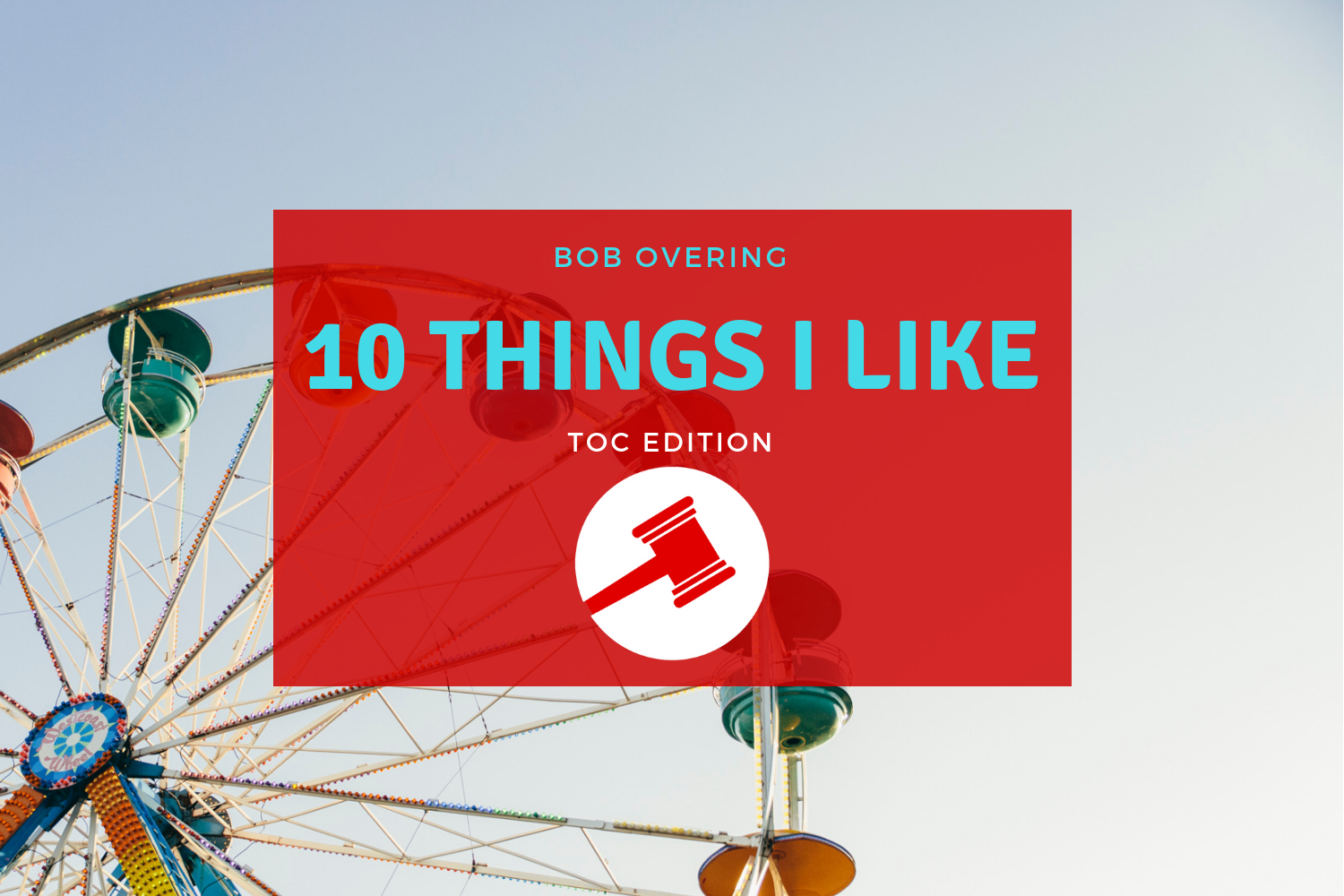Round Robins and RFDs (Bob Overing)

It’s somewhat common for round robin-style invitationals to request that judges refrain from disclosing their decisions and reasons for decision (RFDs). I advocate that tournaments should not impose such a rule and that judges should not obey it when they do.
1: Requiring oral explanation increases the quality of decisions.
When a judge knows she has to explain her decision, there is added pressure to (a) ‘get it right’ and (b) provide satisfying reasons to the competitors. A judge who doesn’t want to be embarrassed by an oversight or faulty reasoning will pay closer attention and think more thoroughly about her decision.
Quality of decisions should matter even more at a round robin when (a) the debaters have worked harder than the average competitor to get there, so they deserve the best judging a tournament can reasonably offer and (b) the debaters are spending additional time and money beyond the usual tournament costs to attend the round robin, which likely has no impact on rankings or qualifications for future tournaments.
2: Increasing the quality of decisions also increases the quality of feedback.
Beyond the goal of having accurate decisions, there is pedagogical value in requiring oral decisions. A more attentive and thorough reasoning process will in turn produce better feedback to the debaters for future debates.
This function is especially important for a round robin where debaters often have repeat judges, so learning what a judge likes or doesn’t like is really important. If I have Lonam in the back of the room in Round 1 and I go for disclosure theory, I’ll lose and I won’t know why. I might then run disclosure theory in front of him next round, a lamentable outcome for everyone. Judge philosophies can only do so much to mitigate this problem.
Objection 1: Debaters will stop trying when they know they can’t win the RR.
This strikes me as fairly absurd. First of all, a round robin has some of the best competitors in the region or in the country. These debaters bring intensity and drive – they don’t want to throw away a round just because they can.
Apply this reasoning to regular tournaments and we get absurd results: Do debaters who know they can’t break stop trying altogether? Of course not!
Finally, to the extent that debaters do ‘stop trying’ when they’re out, it usually has important long-term strategic and pedagogical value. I often coach my students to use these low-stakes rounds as testing grounds for new strategies. The goal is always to win, but sometimes we knowingly pursue suboptimal strategies now for a payoff later. At last year’s Penn Round Robin, my brother John read epistemic skepticism as a kritik and a handguns-key-to-avert-zombie-apocalypse DA. At the Battle for Los Angeles III, he read a plan banning handguns in video games. Both circumstances were opportunities to test (a) how John could execute bizarre strategies off-the-cuff and (b) how certain opponents would respond when forced off their blocks.
In both cases, John was in contention to win the RR, but the point is that lowered stakes can provide new strategic opportunities. For debaters who would only experiment like this once out of the RR, mandatory non-disclosure takes the decision out of their hands.
Objection 2: Debaters will listen better to feedback without knowing the result.
Again, these are some of the best debaters out there. We can’t force them to listen to judge feedback if they don’t want to, but my suspicion is that most have a drive to improve such that they’ll listen to their judges regardless. Students routinely ask me additional questions, indicating their attentiveness and willingness to learn.
The more a judge can say about a debate without worrying about ‘giving away the decision,’ the better the dialogue between judge and debater.
If anything, the mystery of who won the debate could cause debaters to focus on the wrong parts of judge feedback. Instead of listening for areas of improvement, debaters might listen carefully for any clues as who won. I advocate cutting through all that and disclosing decisions right away.
Can you think of other ways to improve round robin formats? What are the best round robins doing that others aren’t?
Bob Overing | Co-Director
Bob is a co-director of Premier, coach for Walt Whitman HS, and current Yale Law School student. As a senior in high school, he was ranked #1, earned 11 bids and took 2nd at TOC. In college, he cleared at CEDA and qualified to the NDT. His students have earned 80 career bids, reached TOC finals, and won many championships.





2 Comments
The King Round Robin uses ordinal prefs, single flights, in-round RFDs and an open tabroom. We have found that openness and transparency has resulted in a quality experience.
There is, however, something unique and nostalgic about not knowing your record until it’s over.
Thanks for the post!
You had me at ordinal prefs…
I love the Kandi King Round Robin!